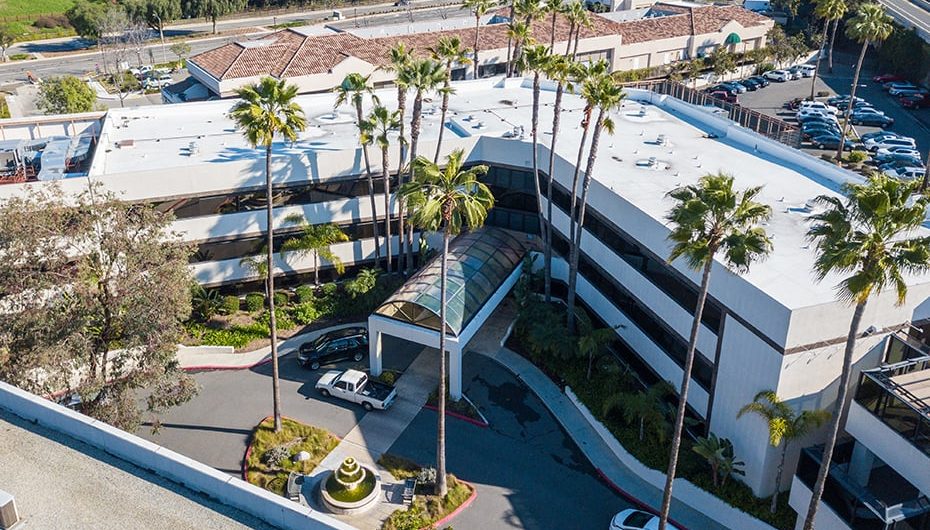Individuals who seek treatment are looking to break free of the bonds of addiction and improve their quality of life. Rehabilitation has become a broad spectrum of mental health resources that is available to anyone seeking to make a positive change in their life.
“Addiction is a primary, chronic disease of brain reward, motivation, memory and related circuitry. Dysfunction in these circuits leads to characteristic biological, psychological, social and spiritual manifestations. This is reflected in the individual pursuing reward and/or relief by substance use and other behaviors.”
Treatment for addiction is not limited to substance abuse; over the years treatment has become popular for several behavioral addictions such as shopping, gambling and sex addiction. Individuals suffering from mental disorders may also seek help for their ailments.
Addiction and Mental Health Disorders
Addiction and mental health disorders can drastically affect the ability to live a positive, happy lifestyle. Substance abuse and behavioral addictions destroy relationships and prevent an individual from being present for their family members and loved ones. Addiction and mental health disorders affect employment opportunities, advancements in education, financial stability and emotional health.
Treatment for addiction and mental health disorders allows an individual to learn the tools necessary to work on themselves from the inside out. They may deal with issues that have been suppressed for many years and have caused pain and resentment. Treatment educates an addict on how to live a positive meaningful way of life and what they can do to remain abstinent from drugs and other addictive behaviors.
Take Action
The first step for an individual to get into treatment is admitting they have a problem and committing to receiving professional help. Most individuals need help when confronting an addiction or mental health issue. In most cases, the behavior is beyond their control and the only choice for recovery and progress lies in some form of treatment.
People with these afflictions are often unwilling to seek help or are blind to the damage being done. An Interventionist is an addiction treatment professional whom organizes loved ones to help get the individual into treatment. An intervention can be influential when trying to admit someone into rehabilitation that is not willing or is still in stages of denial. Interventions help them to see the entire family’s point of view and recognize how their behaviors are affecting everyone around them.
Types of Treatment
There are numerous types of treatment programs and several different levels of care. Determining what type of treatment is necessary depends on what substances are being used, behavioral addiction, mental illness or disorders, religious background and financial situation.
Types of Treatment Include:
- Drug Addiction Treatment: Treatment for those who abused drugs or alcohol
- Alcohol Addiction Treatment: Treatment designed for problem drinkers
- Dual Diagnosis Treatment: Facilities for addicts and alcoholics with co-occurring disorders
- Eating Disorder Treatment: Treatment for individuals suffering from any type of eating disorder
- Anxiety Treatment: Treatment for individuals with anxiety or panic disorders
- Depression Treatment: Treatment for drug addicts and alcoholics who suffer from depression
- Gambling Addiction Treatment: Treatment for compulsive gambling addicts
- Sex Addiction Treatment: Treatment for individuals addicted to sex or love
- Compulsive Shopping Treatment: Treatment for compulsive shoppers and spenders
- Obsessive-compulsive Disorder treatment: Treatment for individuals who suffer from OCD
Levels of Care Include:
- Long-term Inpatient Rehabilitation: 3 or more moths at an inpatient treatment facility
- Inpatient Rehabilitation: 30 to 60 days at an inpatient treatment facility
- Wilderness Treatment: Staff recommended time length based on personal needs, character building activities, life-skills, and nature based therapy
- Sober Living/Recovery House:Time length based on individual needs and financial situations. No limitation on length of stay at sober livings or recovery houses. Transitional living facilities where individuals work back into the normal flow of life, usually after completing inpatient treatment
- Partial Hospitalization Outpatient Treatment: 5-8 hours a day of group sessions, therapy and one-on-one counseling
- Intensive Outpatient Treatment: 3 hours a day, 3-5 times a week of group sessions, therapy and on-on-one counseling
- Part-time Outpatient Treatment:At least one hour a day, 1-3 times a week. Additional support gained through small groups and counseling. Usually after an individual has completed other forms of treatment and has achieved some length of sobriety
Individual issues and personal needs will help to determine which treatment center and level of care is the right fit. Addiction treatment centers and facilities have representatives that can explain the program and recommend the right level of care. Treatment is the only way for most addicts and alcoholics to separate themselves from a life of depression and pain. Recovery is a gift, and treatment is the first step to getting on the path to reaping the benefits of sobriety. When an addict gets sober it reconnects them with their inner self and helps to mend broken relationships with family members and loved ones.


